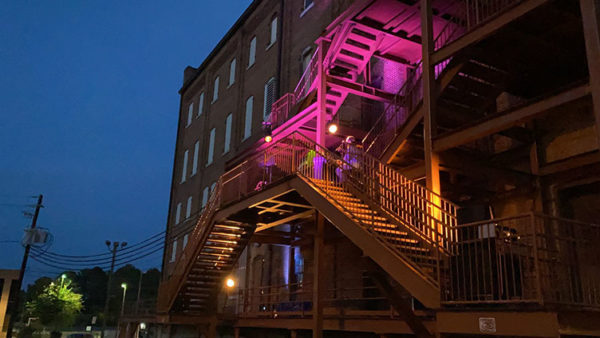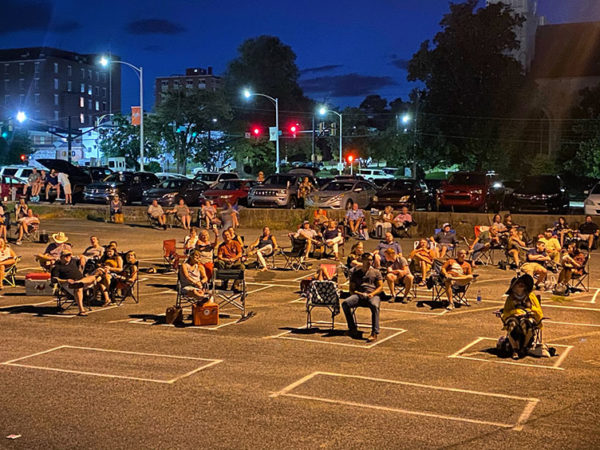h/t to Artsjournal.com (I believe) which linked to an article about creativity from the Chinese perspective, or at least perspective of the philosopher(s) known as Zhuangzi.
This is a view that resonates with the sentiment, much hated by some arts students, that you need to master the fundamentals before you can diverge from them. The author of the article, Julianne Chung, cites one of the many parables/stories that comprise the works attributed to Zhuangzi, (you may know the famous “Am I a man dreaming I am a butterfly or a butterfly dreaming I am a man.“), in which a wheelwright speaks about true mastery and understanding is earned through long, patience and experience and thus books only contain the “chaff and dregs” of true knowledge.
Chung’s discussion of this view leans toward the “99% perspiration, 1% inspiration” approach to creativity. While this may sound like a endorsement of learning by rote repetition, it is clear that observation and reflection are important components of this process.
Of course, being a Daoist philosopher, one of Zhuangzi’s underlying ideas is the true Way can not be actively sought and Chung reflects that in her commentary:
…de-emphasising originality might ironically result in greater creativity. This is because striving for originality can actually be counterproductive when it comes to achieving genuinely fresh results: if we focus on the task of achieving something original, we’ll explore only the range of possibilities deemed sufficiently likely to yield that result, leaving out a lot that could have contributed to achieving something original.
But imagine instead that we worked with the idea that creativity wasn’t about novelty. That doesn’t mean we’d have to give up the value of originality entirely, but rather see it as one of a range of possible outcomes. Casting a wider net in this way might hence make creativity (whatever it involves) easier to achieve.
[…]
This alternative perspective on creativity might help us to see it as an everyday phenomenon in which we all participate – rather than an extraordinary talent or gift that only a few enjoy. And it might also allow us to make sense of the idea of living creatively: of an integrated life, lived spontaneously, in which all of life’s contrasting aspects can be arranged to form a rich and variegated whole.
The concept that an original product is one of many possible outcomes seems to be a more constructive approach than always striving for novelty and viewing anything that is not as lesser.
Long time readers will likely recognize that the suggestion embracing this perspective may help a broader range of people view creativity as something everyone has the capacity to participate in is very appealing to me.




Thanks for what you are doing to bring cultural change to the arts. It is so important to represent everyone.…